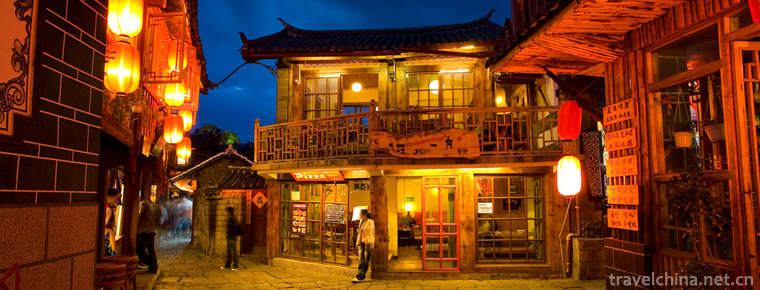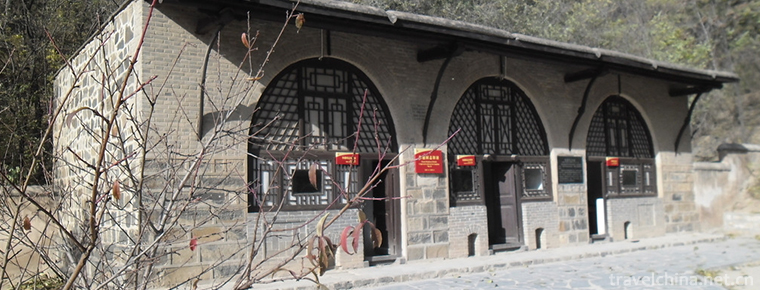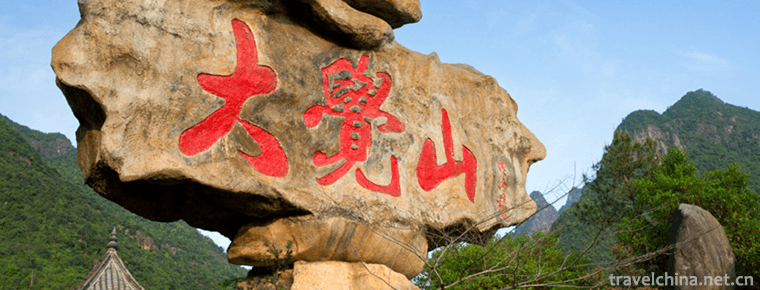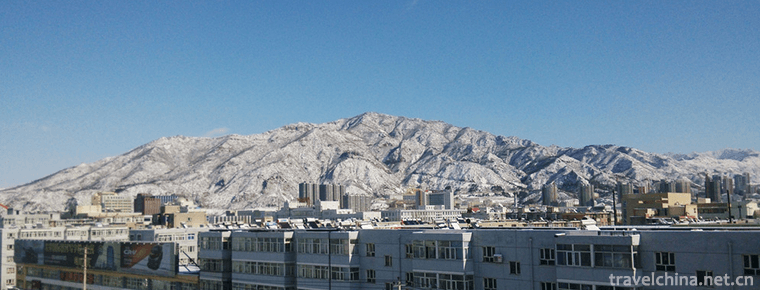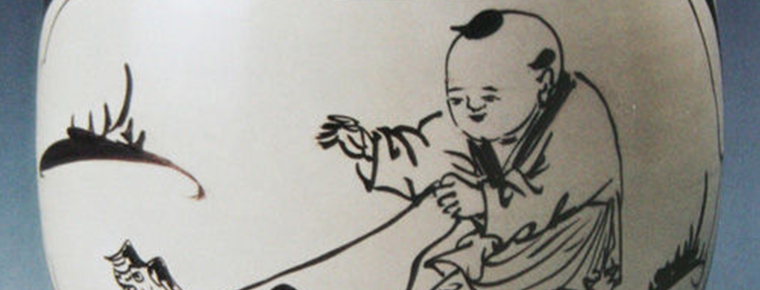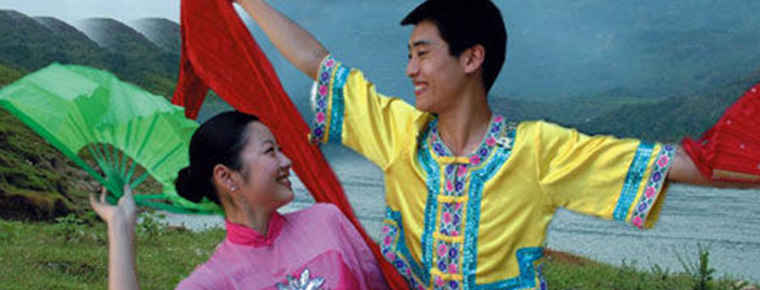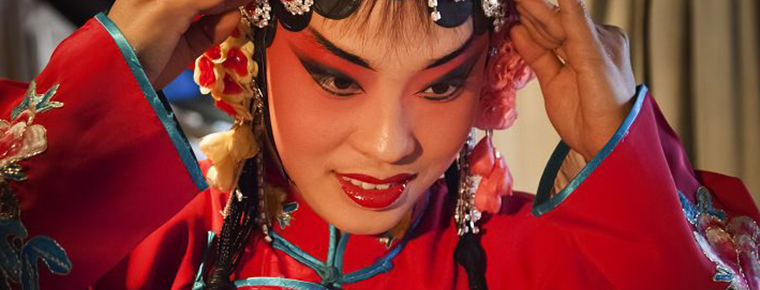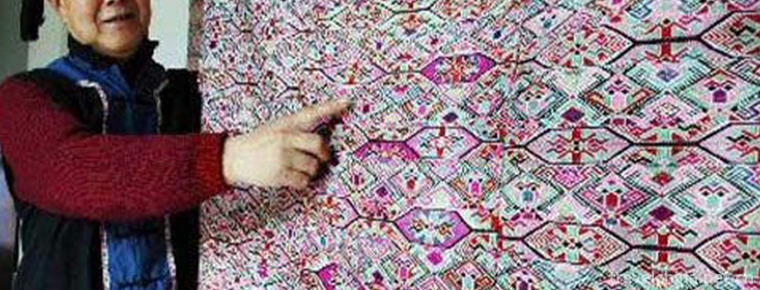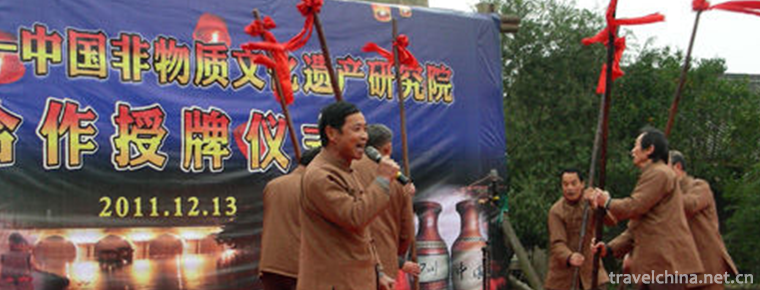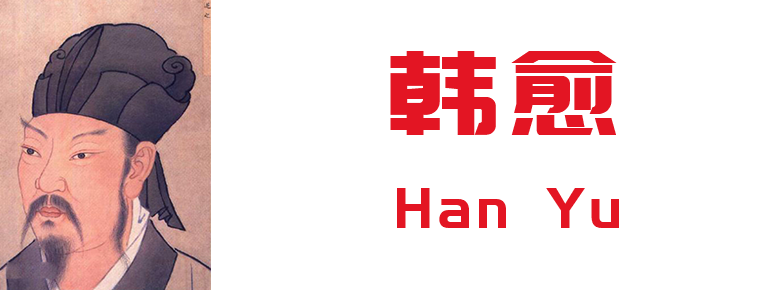Neutralization Festival
Neutralization Festival
Zhonghe Festival, a traditional Chinese folk festival, is on the second day of February, but the date at that time was on the first day of February. With the evolution of history, it was changed to the second day of February. According to legend, "Zhonghe Festival" is a festival established in the Tang Dynasty, which began in the fourth year of Zhenyuan (788) of Tang Dezong. Because the second day of the first February of the lunar calendar is the "Dragon Head" and the "Society Day" of the folk sacrificial societies (land gods), Chinese people often mix the "Zhonghe Festival" with "Dragon Head" and other festivals.
"Zhonghe Festival" mainly flourished in the Tang Dynasty. The customs of Zhonghe Festival mainly include the following aspects: _planting spring clothes in books, _festival banquets, _giving clothes with rulers and_giving birth to children. On May 23, 2011, the Zhonghe Festival was listed in the third batch of national intangible cultural heritage list with the approval of the State Council.
The Origin of Festivals
The first day of February in the lunar calendar is the Mid-term Festival, which began in Chang'an and at the beginning of Zhenyuan. It was initiated by Tang Dezong and Li Shi. After appeasing the rebellions of Zhu Si and Li Xilie, Tang Dezong changed to Zhenyuan. He believed that there was "Shangsi Festival" in March and "Chongyang Festival" in September, and that February was when the weather changed from cold to warm, everything recovered, and farming began, but there was no festival. In fact, it was impossible to say that, so he asked Prime Minister Li Bi for his opinions.
Li Bi, a Beijing Zhao (present-day Xi'an) native, enjoyed high prestige in the three dynasties of Suzong, Daizhong and Dezong. He felt that what Dezong said was quite reasonable. For this reason, he suggested: abolishing the old practice that the obscure day of the first lunar month (the last day of the first lunar month) was festival, and changing the first day of February of the fifth year of Zhenyuan (790) to "Zhonghe Festival"; on this day, the emperor would give banquets to the group. Officials were also given knives and rulers to show their discretion: 100 officials should offer farm books to express their official books; the people should use green bags to hold grain and fruit seeds, and give each other relatives and friends; villagers should brew appropriate spring wine to worship Goumeng God (wood God of the Five Elements God), in order to pray for harvest and so on.
Dezong was very happy to hear this. He fully accepted Li Bi's opinion and immediately issued an edict to celebrate the Mid-term Festival on February 1, the fifth year of Zhenyuan. Officials are also given a day off every year. In Tang Dynasty banquets, poetry, music and dance were indispensable, and so was the neutralization banquet. Dezong Li Shi likes to write poems. At the banquet of the Zhonghe Festival on Qujiang River, the Emperor gave imperial poems to the emperor. It is an indispensable program for all officials to offer peace.
Festival customs
The custom of Zhonghe Festival comes from Li Bi's design, which mainly includes the following aspects:
(1) Putting in books and planting spring clothes
The Zhonghe Festival includes "100 officials entering the farming books, and Sinong offering dumplings" (pronunciation "the same way"), referring to the cereals planted before ripening and the cereals planted before ripening. For example, on the Sixth Zhonghe Festival of Zhenyuan, Bai Liao contributed three volumes of Zhaoren Benye, and Sinong contributed a batch of millet and millet. Zhaoren Benye is an official farming book issued in Wu Zetian period, which includes farming customs and four-time cultivation methods for guiding farmers'production. In February when Fang Xing was a peasant, 100 officials went to the farm and offered seeds, which undoubtedly had the symbolic significance of persuading the peasants to pay more attention to agriculture, which was highly praised by officials and literati with the thought of agriculture. Liu Zongyuan made a high appraisal in his Book on Agricultural Entry, and regarded it as a move of "surpassing the ancients with diligence". In the nineteenth year of Zhenyuan Dynasty, Zhenyuan even chose the topic of "Zhonghe Festival, 100 pioneers, contribution of agricultural books and fu" as the subject of imperial examination, which showed how much attention was paid to this activity in the Dezong Dynasty. In addition, there are ministers offering spring clothes on the Zhonghe Festival to express their loyalty and concern for the emperor.
(2) Festival banquets
Banquet music is an important part of the Zhonghe Festival. In fact, the initial motivation for setting up the neutralization Festival is to increase the chances of festival feasts. At that time, it not only stipulated "one day off for internal and external lawsuits", but also gave money to officials so that they could gather for pleasure. Tang Dezong himself often gave banquets at the Zhonghe Festival and made poems to express his feelings and aspirations. Tang Dezong's poems are included in Quan Tang Poems, of which 4 are related to Zhonghe Festival. The Five-Year Zhonghe Festival in Zhenyuan is the first Zhonghe Festival. During the festival, Tang Dezong feasted a large number of ministers, and wrote poems to express their feelings, while ministers wrote poems in succession. Tang Dezong also issued a decree rewarding Dai Shulun, who was in Rongzhou at that time, with such grace that people all over the world admired. At banquets, music and dancing are often used to boost the entertainment. This is evidenced by Wang Jian's poems in Palace Ci: "The neutral festival in front of the palace tomorrow, and the Qionglin dancing clothes in the evening".
The banquet is not only held in the capital, but also very prosperous locally. Liang Su's Preface to the Banquet of Zhonghe Festival Accompanied Dushanshu recorded the banquet of Zhonghe Festival in Yangzhou. At that time, more than a hundred people participated, "Flag at the door, thunder and drum at the court," a huge momentum. On the banquet, there are not only fine wine and delicacies, but also various acrobatics. The so-called "ball dancing, disc dancing, suspension, fast walking, flying balls, pulling distance, carrying tripod and exceeding edge, superimposed in the courtyard". Of course, the singing and dancing orchestra is also indispensable, "the beauty of uneven management, long sleeves, the beauty of white snow in the spring and flowing in the podium, but also in the hall". 。 The participants raised glasses frequently and drank until they were drunk from dawn to dusk. However, the official neutralization banquet was cancelled shortly after Emperor Dezong's death and became a reminder of the past for those who had experienced the grand occasion. Lv Wen has a poem: "My colleague first set up Yuxue, and then split up the old festival. At present, when you look at the flowers, you know how to hide your tears. It expresses the regret of the pursuit of the present and the absence of the prosperous scenery.
(3) Give rulers and clothes
"Discretion", i.e. asking the emperor to grant Qi Lizhi to his minister, is also an important part of the activities of the Zhonghe Festival. In the eighth year of Zhenyuan, the Hong Ci Section also used the "Zhonghe Festival to bestow Gong Qing ruler" as the examination questions for the imperial examination, and Lu Fuli, Li Guan and Pei Du who participated in the examination left excellent works.
Zhonghe Festival ruler is an invention and creation based on tradition. As early as in the Book of Rites, Yueling, written in the Han Dynasty, it was recorded that the measure, the measure and the balance were fair and accurate. Mid-spring and February were basically equal in length between day and night, which was suitable for calibrating the measure and the balance. Before the mid-Tang Dynasty, there were also regulations that ZhongShang ordered "toothcut ruler" and "woodcut red sandalwood ruler" to be presented on February 2 every year. The ruler given to ministers during the festival can be said to be a flexible application of this tradition. The purpose of ruler is to measure the length, the quantity and the weight of the measurement, which are necessary in daily life. To master the power of determining and correcting weights and balances means to master the power of governing people and the world. The emperor awarded the ministers the corrected criteria, which is actually a symbolic distribution of such power, and contains the expectation that the ministers will exercise their power fairly and justly, which can inspire the ministers'loyalty to the monarch. In addition to rulers, the emperor would give ministers clothes. When a Minister receives a reward from the emperor, he usually expresses his gratitude. Lv Song writes "Thank You for Spring Clothes and Tooth Rules Table" and Ling Huchu writes "Thank You for Spring Clothes and Rules Table", which are the proof that the emperor gives clothes and rulers.
(4) To give birth to a child
Li Bi not only designed the activities of the emperor and ministers on the Zhonghe Festival, but also thought of ordinary people. At that time, people used green pockets to carry a variety of grain, melon and fruit seeds, giving each other gifts.
realistic meaning
Mr. Chen Yinke, a famous historian, once pointed out: "In Zhenyuan period, the political aspect of the imperial court could maintain the balance of power temporarily by Fanzhen Town, while Dezong Fang used literary rule to gloss over his situation of peace and order. Civil society, on the other hand, has experienced a long period of chaos and a little breathing, so it tends to play and play." It is in this social atmosphere that the neutral Festival appeared, and its original motivation was "play and play". However, from the design results and practice, the neutral Festival has actually deviated from the original motivation and become a festival around spring characteristics, expression of neutral ideals and the tendency of heavy agriculture. Tang Dezong has a poem: "Zhaozi Zhonghe Festival is a celebration of heaven and spring." Huanqiao, Yujun, Shengde District." It sums up the cultural connotation of Zhonghe Festival.
Naming the festival "Neutralization" shows the neutralization ideal of our traditional society. Dong Zhongshu, a great Confucian in the Han Dynasty, believed that "De Mo is greater than He, while Dao Mo is right in the middle..." If the way of neutralization can be used to govern the world, the National Games will last for a long time; if the way of neutralization can be used to maintain health, the life span will be long. Today, Mr. Zhou Laixiang believes that "neutralization" (or harmony) in ancient China is a consistent concept, which has a long history from ancient times to the end of the Qing Dynasty... In the course of development, the connotation of `harmony'has become more and more profound and abundant. It has increasingly become the core category and leading spirit of the Chinese nation's culture. As an ideal state in which heaven and earth, four seasons and all things keep their righteousness and live in harmony with each other, neutralization Festival is the virtue and way of the world. It bears the common aspiration of the people from the emperor to the people to "achieve neutralization".
Our country has always been based on agriculture, regarding agriculture as the foundation of our country. Whether it is a kind of contribution from hundreds of bureaucrats, a kind of contribution from farmers, or a kind of "life-giving son" from people who give each other 100-grain fruits, it has symbolic significance to persuade farmers and is in line with the long-term interests of the country and society.
Although Zhonghe Festival was not as prosperous as Tang Dezong Dynasty in later generations, it had a long lasting rhyme and great influence. Activities such as spring clothes, farming books, giving birth to children, and even the one-day holiday regulations were practiced and inherited by the court or the people in the Song and Jin Dynasties, thus realizing to a great extent the transformation from official construction to folk tradition. Until modern times, some people still call February 1st of the lunar calendar the Zhonghe Festival. Some even think that February 2nd Dragon Head Festival is actually the Zhonghe Festival. Today, in Yongji, Shanxi Province, there is still the custom of "backing ice" during the Zhonghe Festival. In Yunqiu Mountain, Xiangning, Shanxi Province, there is the Zhonghe Cultural Festival. In 2011, the Zhonghe Festival (backing ice in Yongji, Yunqiu Mountain Zhonghe Festival) was listed on the national intangible cultural heritage list.
The rich sacrificial connotation of Zhonghe Festival can not only regulate people's inner and interpersonal relations, but also play a unique role in communicating the relationship between man and God in many aspects of social life. In the long-term life practice, the neutralization festival custom has internalized into a form of psychological needs and emotional support of local people, and condensed the cultural characteristics and group spirit of Chinese culture in the long process of inheritance, which has practical significance of harmonious co-construction.

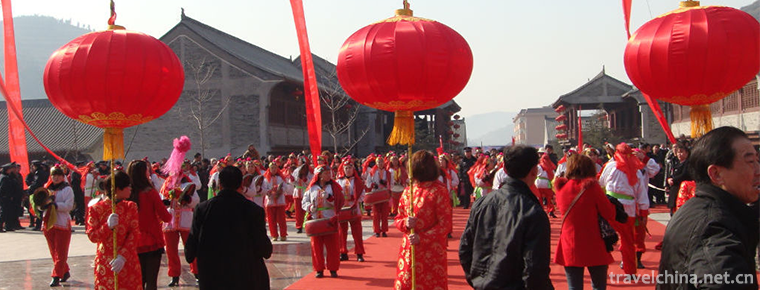
-
Lijiang Ancient Town
Lijiang Ancient City is located in the ancient city of Lijiang City, Yunnan Province.
Views: 207 Time 2018-10-17 -
Xibaipo Scenic Area Pingshan County Shijiazhuang
Xibaipo is located in the middle of Pingshan County, Shijiazhuang City, Hebei Province, with a total area of 16,440 square meters. It was the seat of the CPC Central Committee.
Views: 147 Time 2018-11-24 -
Dajueshan Scenic AreaZixi County Fuzhou City
Dajueshan is located in Zixi County, Fuzhou City, Jiangxi Province. Dajueshan is rich in wildlife resources and widely distributed. It is praised by experts as "Natural Oxygen Bar, a rare gene ba.
Views: 251 Time 2018-12-08 -
China Aviation Museum
China Aviation Museum is the first large-scale open aviation museum in China. It is located at the foot of Datangshan, Changping District, Beijing. After many years of closure.
Views: 157 Time 2018-12-22 -
Dajing gate
Dajinmen, the national key cultural relics protection unit. Located at the northern end of Zhangjiakou City, it was built in the first year of Shunzhi in the Qing Dynasty (1644 A.D.) and has a history.
Views: 283 Time 2019-01-06 -
Sintering Techniques of Cizhou Kiln
Cizhou kiln firing technology, the local traditional firing technology of Fengfeng mining area in Hebei Province, is one of the national intangible cultural heritage..
Views: 107 Time 2019-04-22 -
Lantern Opera
Flower lantern opera is a kind of traditional opera widely popular in China. Its prominent feature is that the hands are inseparable from fans and handkerchiefs, singing and dancing.
Views: 289 Time 2019-05-04 -
Jin Opera
Jin Opera is Shanxi Bangzi, an important drama in northern China, also known as Zhonglu Opera, Chinese traditional opera. It was named after Fenyang, Xiaoyi, Qixian, Taigu and Taiyuan, which sprang up.
Views: 176 Time 2019-05-07 -
Brocade Weaving Skills of Tujia Nationality
Tujia brocade weaving process is complex, in weaving, using the ancient pure wooden waist inclined loom weaving, through spinning and twisting, dyeing, inverting, drawing, reed loading, rolling, picki.
Views: 114 Time 2019-06-23 -
Make a chant
Bamboo and hemp trumpet is a traditional folk song of Qionglai City, Sichuan Province. It belongs to a kind of labor trumpet sung by local papermaking workers when playing bamboo and hemp. It is mainl.
Views: 147 Time 2019-08-03 -
Han Yu
Han Yu (768 - 824 December 25th) retreated. Henan Heyang (now Henan Province Mengzhou People. Claiming to be "Changli," the world is called "Han Changli" and "Mr. Changli".
Views: 153 Time 2019-09-07 -
Neijiang scenic spot
Daqianyuan scenic spot is located in Yuanding mountain, Dongtong Road, Neijiang City, Sichuan Province. It integrates Zhang Daqian memorial hall, Zhang Daqian Museum, Zhang Daqian Art Museum, Zhang Daqian's former residence, Xilin temple, Lulan cave cliff tombs,.
Views: 326 Time 2020-12-16
